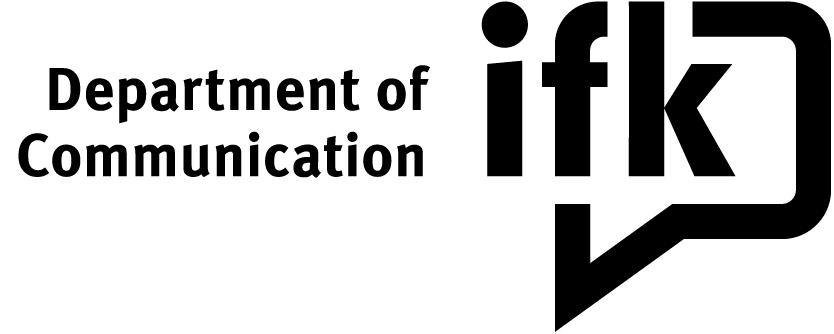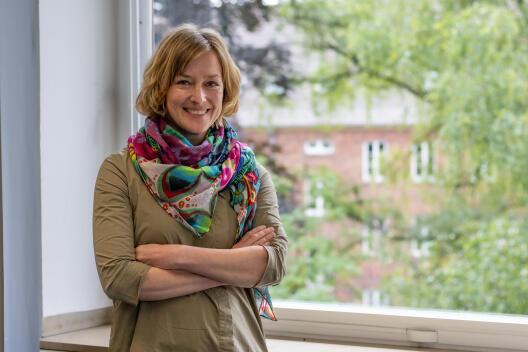Our society is often described as a media or digital society. These are not just buzzwords. They refer to the socio-structural consequences of media development, the importance of which can hardly be underestimated. The basic assumption is that we cannot fully understand how politics, the economy, and other social systems function and develop without analysing communication. This means we need to analyse communication within their respective public spheres, considering the role of media such as social media, online platforms, print, or audiovisual media.
Therefore, in the Master's degree programme in Communication Science, students deal with the significance of different media for politics and business, society, everyday life, and culture. Questions such as "How does disinformation influence democratic society and what can we do about it?", "What use of AI is ethically justifiable?" and "How can journalism (re)gain the trust of the public?" are addressed using the toolbox of empirical and theoretical communication science.
The degree plan according to the most recent examination regulations includes a methods module, a research module, and a final examination module. In addition, there are thematic modules based on the following teaching areas: “Communication in Politics, Business & Society,” “Journalism & New Media,” and “Media Realities & Media Effects”. The programme also includes a “specialisation module” that allows students to choose an individual focus.



